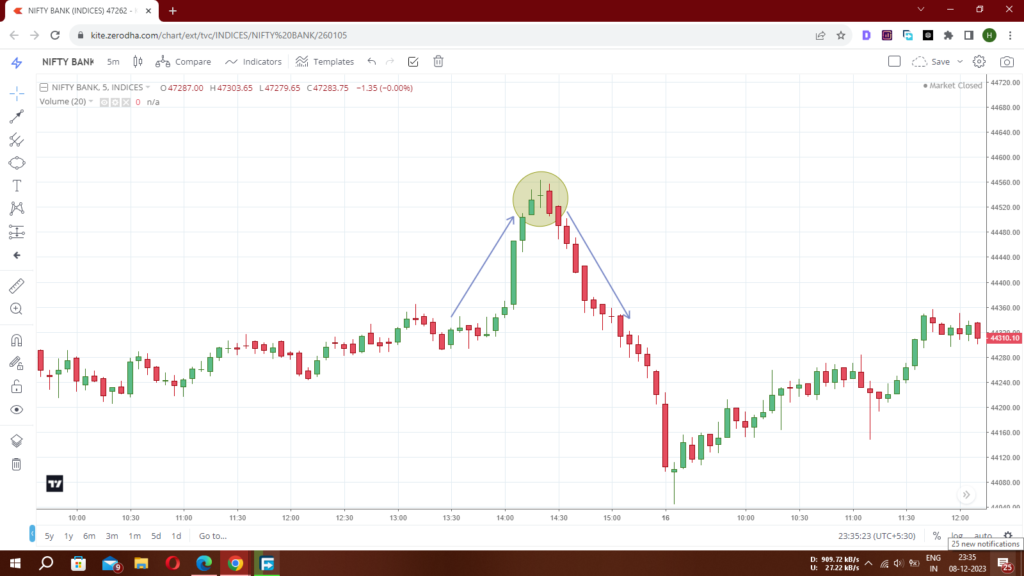Day Trading Stocks Strategies – Day trading involves buying and selling financial instruments within the same trading day, aiming to profit from short-term price movements. Among various instruments, stocks remain a popular choice for day traders due to their liquidity and volatility.
Basic Day Trading Strategies
Scalping
Scalping focuses on making numerous small profits throughout the day by capitalizing on small price movements.
Momentum Trading
Momentum traders aim to identify stocks moving significantly in one direction and ride the momentum for potential profits.
Range Trading
Range traders identify stocks trading within specific price ranges and aim to profit from the price oscillations within that range.
Technical Analysis Tools
Day traders commonly use technical indicators like Moving Averages, Relative Strength Index (RSI), and Bollinger Bands to analyze price movements and make informed trading decisions.
Risk Management in Day Trading
Implementing stop-loss orders, proper position sizing, and managing emotions are crucial aspects of mitigating risks in day trading.
Building a Day Trading Plan
Establishing clear goals, creating a structured trading routine, and backtesting strategies are vital components of a successful day trading plan.
Choosing Stocks for Day Trading
Considering volatility, liquidity, and trading volume is essential when selecting stocks for day trading strategies.
Psychology of Day Trading
Handling stress, maintaining discipline, and practicing patience are key factors for success in day trading.
Advanced Day Trading Strategies
Advanced techniques like Breakout Trading, Pullback Trading, and Gap Trading require a deeper understanding of market dynamics and technical analysis.
Reviewing and Adjusting Strategies
Regularly analyzing trading performance and making necessary adjustments to strategies is essential for long-term success in day trading.
Common Mistakes in Day Trading
Avoiding overtrading and emphasizing risk management are critical to avoiding common pitfalls in day trading.
Benefits and Challenges of Day Trading Stocks
While day trading offers potential for high returns, it also poses challenges such as market volatility and emotional stress.
Regulations and Taxes
Understanding trading regulations and the tax implications of day trading is important to avoid legal issues.
Case Studies and Success Stories
Examining real-life examples and learning from both successes and failures can provide valuable insights for aspiring day traders.
Conclusion
Day trading stocks can be a rewarding endeavor for those willing to dedicate time and effort to learn and develop effective strategies. It requires discipline, continuous learning, and risk management. By understanding the market dynamics and employing sound strategies, individuals can aim for success in day trading.
FAQs
- What capital is needed to start day trading?
- To begin day trading, having sufficient capital is crucial. While specific amounts vary, it’s recommended to start with a sizable amount to manage risk effectively.
- Can day trading be a full-time job?
- Yes, many individuals pursue day trading as a full-time career. However, it requires dedication, skill, and consistent profitability to sustain as a primary source of income.
- How do I avoid emotional trading?
- Developing a disciplined trading plan, sticking to predefined strategies, and avoiding impulsive decisions can help in reducing emotional trading.
- Is day trading suitable for everyone?
- Day trading demands a high level of commitment, discipline, and risk tolerance. It might not be suitable for individuals who cannot dedicate ample time or manage risk effectively.
- Are there any success secrets in day trading?
- Success in day trading is a combination of knowledge, discipline, risk management, and continuous learning. There’s no single secret, but a comprehensive approach is key to success.





